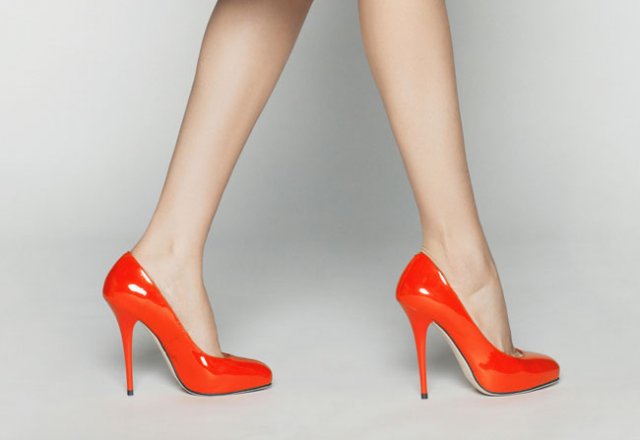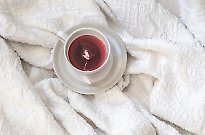
The truth about period myths

Understanding your body can be the cure you need to combat the flows from Mother Nature.
Us ladies are graced with a call from nature once a month and surely because it’s frequency, we should know everything about it and how to tackle the missiles, right?
The reality we’re all too familiar suggests otherwise. Nat Kringoudis helps us uncover the truth about five common myths.
“You’re supposed to have PMS”
You’re moody; joints are sore and you’re crying for no reason, that’s PMS talking. If you think there’s no cure think again! “Taking good care of your hormones with good nutrition, the right amount of sleep, exercise and managing stress is a sure step in the right direction,” says Kringoudis.
“You can get your period without ovulating”
Don’t mistake “hormones bleeds” with your period. These can occur at the time you expect your period so it can easily be mistaken for the real deal. Remember, your period always comes after ovulation; however, this can change due to stress, change or during weight loss or gain.
“Your period should come the same time every month”
According to Kringoudis “stress, poor diet, excess exercise, travel, chemical exposure and our environment impact our hormones,” so don’t freak out if something doesn’t feel right, it’s normal. Your body will revert back to its normal schedule but if it’s regularly jagged, it can impact your cycle in the long run.
“Period pain is normal”
Take a step back and really think about what may be contributing to period pain. “Period pain is a sign of ‘stagnation’, and while so many women suffer from dysmenorrhea, it’s often related back to lifestyle,” Kringoudis asserts. Take a look at your diet; remove foods that are high in salt for one cycle and you’ll be surprised at some of the results.
“The Pill will ‘fix’ your period”
Sorry to break it to you but there’s no magic solution to avoid the pain and regulate your period. “The Pill won’t actually address the issue of hormone imbalance… the key lies with working out what’s going on so you can adjust your surrounds to take your body to better health.”
NEXT: Stress management with Nat Kringoudis.


